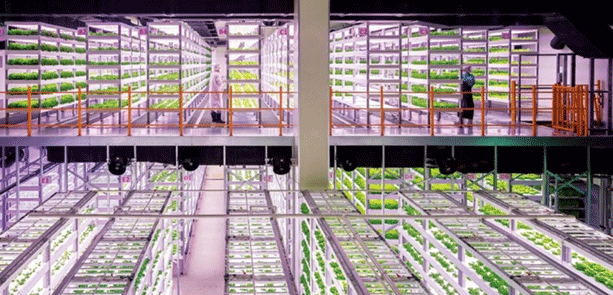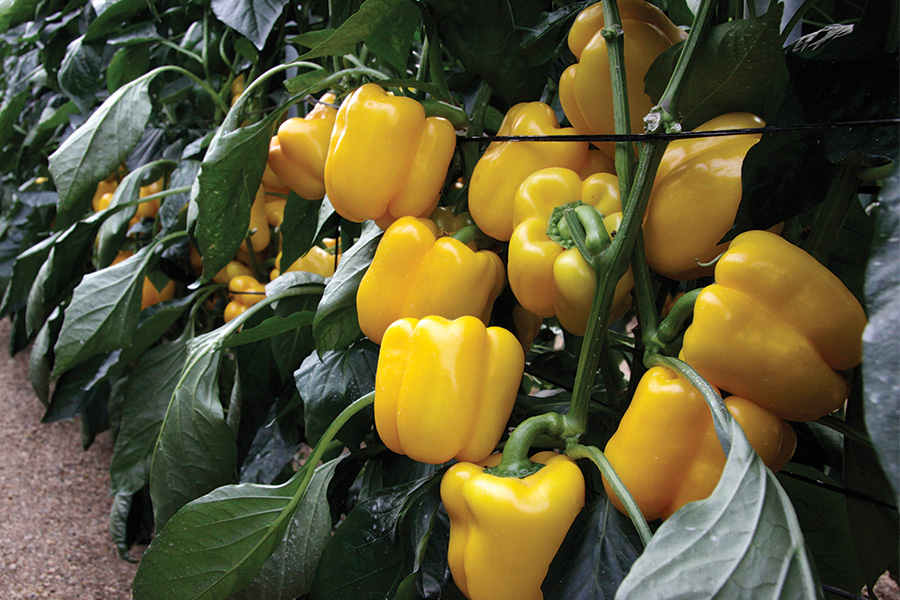South Korea is spearheading a transformative approach to agriculture by integrating vertical farms into industrial complexes. These advanced farming facilities, housed in controlled environments, are set to redefine the agricultural landscape by addressing land scarcity, boosting productivity, and creating synergy with related industries.
Policy Milestones Driving the Revolution
The landmark reform began with amendments to the Industrial Placement Act and Industrial Cluster Development Act in 2024. For the first time, vertical farms have been classified as eligible occupants in industrial complexes—a move celebrated by farmers and agricultural technologists alike.
Key policy advancements include:
- Smart Agriculture Act (July 2024): Recognized vertical farming as a distinct industry, providing legal and financial support for its growth.
- Farm Registration and Financial Inclusion (October 2024): Allowed vertical farm operators to register as agricultural businesses and access subsidies under the Smart Farm ICT Convergence Expansion Project starting in 2025.
- Tax Incentives: Plans to include LED lighting systems for vertical farms in the VAT refund scheme, reducing operational costs.
A Growing Interest Among Industry Players
The policy changes have spurred interest from companies seeking to invest in vertical farming projects. For instance, the Iksan National Food Cluster has seen a surge in applications from companies aiming to integrate vertical farms into their supply chains. The potential to produce high-quality crops year-round and process them into value-added products on-site has created new opportunities for efficiency and innovation.
Economic and Environmental Benefits
Vertical farms in industrial complexes offer numerous advantages:
- Year-Round Production: Controlled environments enable consistent output, irrespective of weather conditions.
- Resource Efficiency: Compared to traditional farming, vertical farms use 70-90% less water and significantly reduce fertilizer use.
- Industrial Synergy: Proximity to food processing facilities minimizes logistics costs and energy usage, enhancing overall sustainability.
The government’s plans to include vertical farming in infrastructure projects further highlight its commitment to fostering an industry ecosystem that integrates robotics, IoT, and sensor technologies.
A Vision for the Future
Officials from the Ministry of Land, Infrastructure, and Transport (MOLIT) have outlined plans to strategically allocate land for vertical farming within industrial complexes. Meanwhile, the Ministry of Agriculture, Food, and Rural Affairs (MAFRA) is emphasizing the creation of backward and forward linkages to boost employment and rural incomes.
South Korea’s embrace of vertical farming in industrial complexes represents a critical step toward modernizing agriculture. By leveraging cutting-edge technology, supportive policies, and cross-industry collaborations, the nation is building a sustainable and scalable agricultural model. As these innovations take root, they promise to enhance food security, reduce environmental impact, and drive economic growth.












